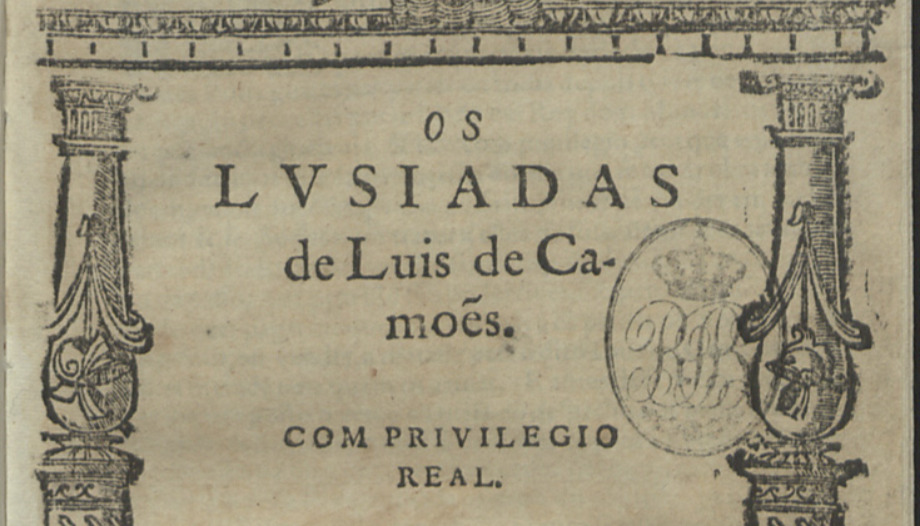Epics, with their characteristic grandiloquence, can sometimes seem boring to us. Not because we actually find men's great milestones contemptible, but rather because we doubt their full veracity. "It's very hard for them not to be exaggerating," perhaps we think. In our usually trivial routine, the heroic may sound like a fairy tale.
However, we must recognize that this is not always the case. If, in 1492, someone told you that sailors discovered a whole new continent, at first it might seem fanciful, but little by little the accumulation of evidence would end up constituting proof. The feat would be entirely true.
Content
Well, "The Lusiads", by Luís de Camões (1524-1580), is neither one nor the other. It is neither a fairy tale nor a history book, but a collection of real facts mixed with imaginary events narrated in the form of an epic poem. Its author seemed to intend to narrate the achievements of the Portuguese Empire overseas by introducing his work into the epic tradition that preceded it, namely that of Homer, Virgil and Dante.
Navigator and poet, Camões was the one who dedicated himself to tell it in a lofty way, worthy of the deed. "The Lusiads was published in 1572 and tells the story of Vasco da Gama's voyage to India from 1497 to 1499. Until then no one had succeeded in crossing the so-called "Cape of Storms" (today's Cape Town, in South Africa) by ship, because the maritime and climatic circumstances of the locality meant that all ships that tried to do so crashed on the rocks or had to turn back before this happened. In the poem, Camões personifies the Cape in a giant titan called Adamastor, who, in his inability to prevent the Portuguese from passing, limits himself to impotently threatening them from a distance. As a symbol of the victory in overcoming him, he is now called "Cape of Good Hope".
Lusitanos
Already in Melinde (in present-day Kenya), Vasco stops and tells the local king episodes of Lusitanian history, including that of Ines de Castro, a Galician noblewoman. The Portuguese prince Pedro I, a young widower, falls in love with Ines and has children with her. But King Alfonso IV learns that his son wants to officially marry her and legitimize those children. Fearing that his throne would fall to a legitimized son of Pedro and Ines and thus increase the Galician influence in Portugal, the king decides to have her killed. Tragically, Inés is assassinated and shortly thereafter the assassin king dies as well. When Pedro I takes over as king, he crowns his dead beloved as posthumous queen.
After reaching Calicut (India), the navigators enjoy success and then return victorious to Lisbon. Camões had set out to sing "the glorious memories of the kings who were expanding the faith, the empire, and conquering the vicious lands of Africa and Asia", and in fact, thanks to this voyage ordered by King D. Manuel I and led by Vasco da Gama, the foundations of the Catholic Church were laid in India, the country that next year will be the most populous in the world. To them we owe admiration, gratitude and memory.








